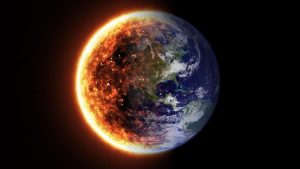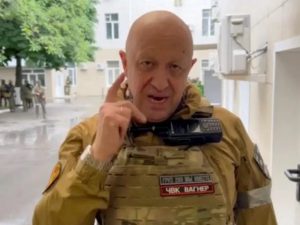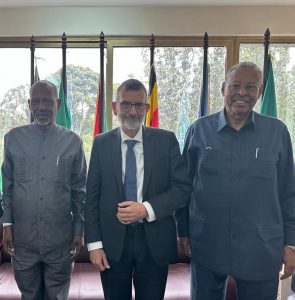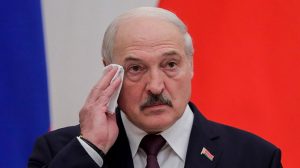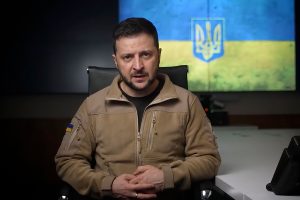The human rights situation in crisis-wracked Belarus is deteriorating, the UN rights chief said Friday, highlighting mass arrests, including of journalists, and numerous allegations of torture.
Michelle Bachelet said there were no signs of improvements in Belarus since an urgent debate before the UN Human Rights Council on the situation there several months ago.
“On the contrary, recent weeks have seen continued deterioration, particularly with respect to the right of peaceful assembly,” she told the council, pointing out that hundreds of demonstrators continued to be arrested each week.
Belarus has been gripped by massive protests that erupted after Alexander Lukashenko, 66, secured a sixth term as president of the ex-Soviet republic in an August election.
The opposition charges that the election was rigged and political novice Svetlana Tikhanovskaya — who ran against Lukashenko in place of her jailed husband — was the true winner of the polls.
Bachelet pointed to reports that more than 27,000 people had been arrested since the vote.
Children and senior citizens were among some of the peaceful protesters taken into custody.
The UN High Commissioner for Human Rights said there were “multiple and credible reports of people beaten by members of the security forces during and after their transport to police stations or detention centres,” warning that such incidents could amount to torture.
She also voiced alarm over the “numerous allegations of torture and other cruel, inhuman or degrading treatment in custody,” pointing to the some 2,000 complaints reportedly lodged by the end of October.
Speaking via video link to the council, Belarus ambassador Yuri Ambrazevich rejected the statements of concern, saying they were “promoting unconfirmed facts”.
This, he said, was basically “fake news, used by instigators of the protests to fan hysteria”.
He also hinted that the council was being hypocritical for focusing on the situation in Belarus while “real wars, internal conflicts and humanitarian catastrophes” were raging.
When it came to police brutality, he maintained the situation was far worse in other countries, pointing to police treatment of anti-mask demonstrators in Germany.
He also highlighted Poland, where he said “police brutality suppresses protests against the barbaric attempt to impose on society approaches to family planning that smacks of the Middle Ages”.
Most of the diplomats at the session echoed Bachelet’s concerns.
Speaking on behalf of 42 mostly European countries, British ambassador Julian Braithwaite pointed to the “targeting, harassment and detention of journalists and media workers”.
“We are deeply concerned by the excessive use of force by the authorities against journalists, including reports of torture and cruel, inhuman or degrading treatment or punishment,” he said.
According to the UN rights office, 373 journalists are among those arrested since August, including six who remain in detention.
Belarus was not without its backers, however, with countries including Russia, Iran, Cuba and Venezuela coming to its defence.
Russian ambassador Gennady Gatilov said there was police violence in several other countries, including France and the United States.
“The champions of human rights are very discreet about all of that,” he said.

